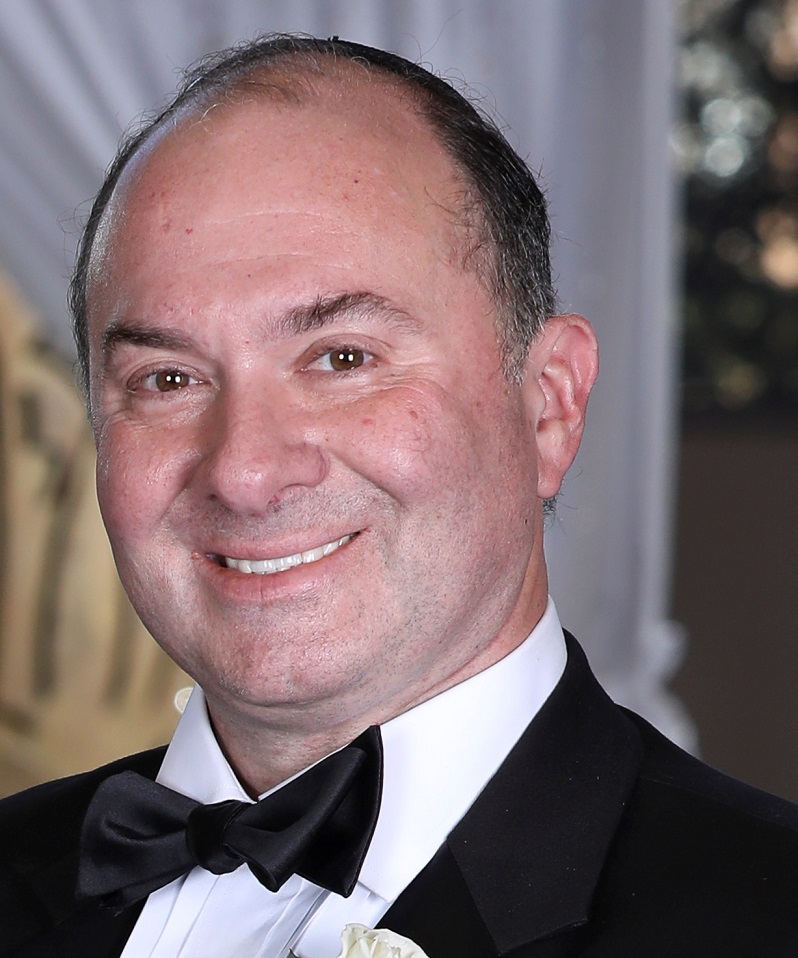As the Jews worshiped the golden calf, they proclaimed that it was the G-d who brought them out of Egypt. How soon they forget!
It did not take too long for the experience of the Exodus to leave the people and for their faith to be challenged to the point of creating a G-d whom they thought spoke to them at that moment. They could have just abandoned religion and worship, but they still sought a higher power, and created it in the manner that they thought best. That seems to have happened again.
Too bad there isn't a Moses today!
Rightfully, those within Orthodox communities are upset at any challenge to their ways and practices. A person or community should be able to practice faith in any manner he sees fit, as long as it violates no laws of the land, nor harms or impedes on the rights of any other. On the one hand, Jews sometimes demean those among them who practice differently. It cuts both ways too; less orthodox or religious sometimes look and even act at those more fervent with contempt, while those whose spirituality calls for restrictive dress codes, public disengagement or more provincial community living, can also tend to be contemptuous of those they see as the Erev Rav (mixed multitude -- seen as people without faith) and those who interfere with their community's way of life.
It is, however, with the latter, where we see trouble brewing in places like Bet Shemesh and other ultra Orthodox communities in Israel. No matter what version or level of observance within these Orthodox worlds, we expect a higher level of appreciation for the Torah, and therefore, there should not be such revisionist traditions in play as to cause followers to disregard the basic principle of humanity found in Rabbi Akiva's notion of a most important principle of Judaism.
Spitting on women, blocking them from voting, preventing non gender segregated busses from moving by using a living baby as a roadblock, I venture, were not part of the code G-d passed to the those who agreed to accept the Torah. Disparaging a female soldier who fights and defends the Land of Israel is particularly upsetting, as it is she who fights for her attackers' right and ability to live in, on and in many cases, off the land.
There needs to be harmony among Jews, and not the extreme divide among us that makes one stream of Judaism appear alien to another. What we see here is in many ways a sinat chinam, a baseless hatred, toward those who are different from us. Those who harbor it may claim it is not, in fact, baseless, but merited. Still, it is within our very souls to be there for one another, as we proclaim in the song, "Kol Yisrael arevim zeh la-zeh" -- every Jew is responsible for one another.
Our Torah, our prayers, our songs, our traditions and our parables all proclaim love and unity. From the time Abraham tended to the travelers as if they were his family, to the Ushpizin we invite in our Sukkot, and the Gemilut Chasadim we foster through our institutions, we always see a common theme. It was never meant to refer solely to the strangers or guests who look like us. We pray for everyone's forgiveness and for god's mercy each Yom Kippur with repentance and charity, and pound our chests reciting dozens of passages of apology over the way we treated others around us. In practice, we are our own worst enemies who cannot truly reflect on those doctrines we hold so dear.
Yet, in times of crisis Jews have always come together in the streets to tend to their fellow without asking what level of faith one has. Why then should it matter in times of relative calm? If terror or tragedy is what unifies us, what will peace one day do for us? Are we ready as a people for the coming of Moshiach?
We sing for Israel "Od Avinu Chai," (our forefathers live) while those forefathers look down at us and wonder who we even are?





